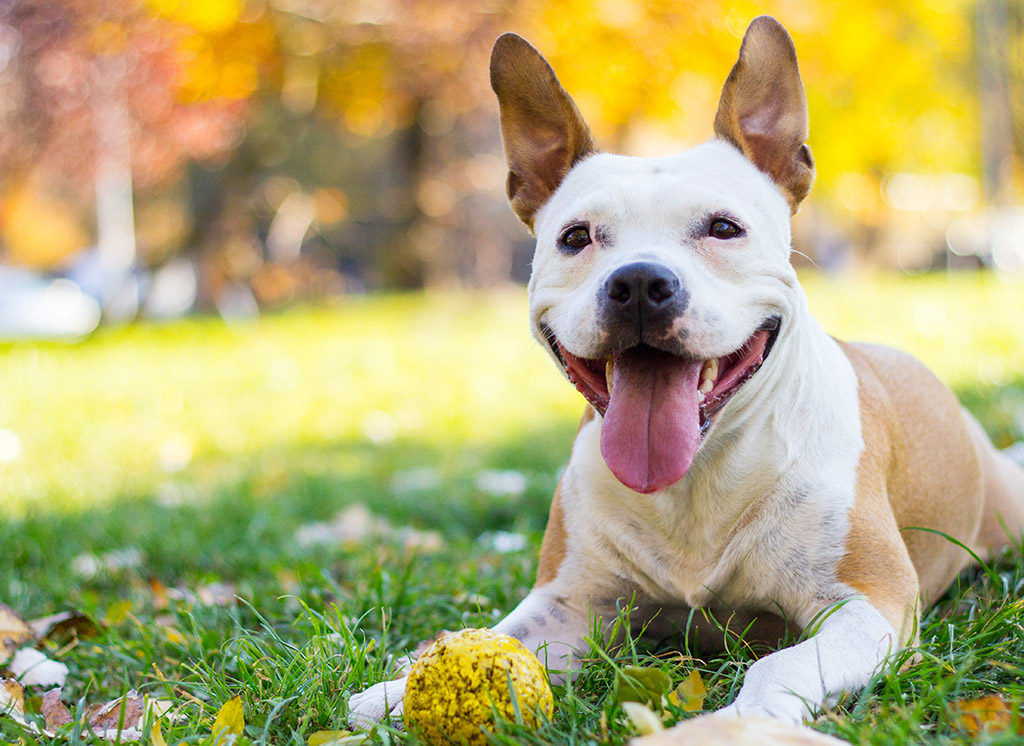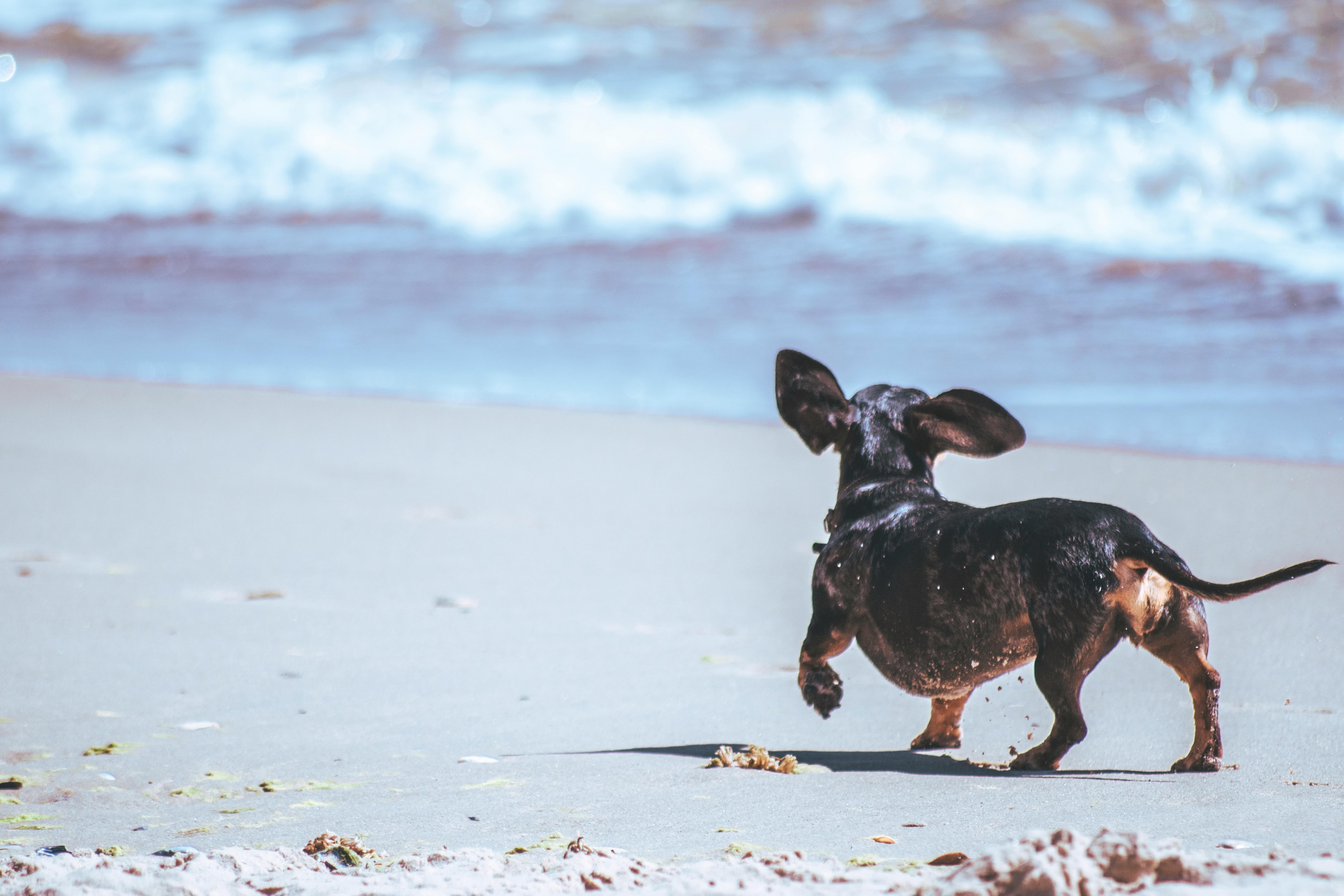Congratulations on the arrival of your little fluff ball! I’m sure you’ve spent many hours dreaming about the fun days that lie ahead on your journey together with your sweet puppy. There are many factors at play when raising a pup, much the same as raising a child. They need healthy food, regular check-ups & vaccinations, appropriate exercise, an interesting environment and a loving home. In this post, we’re going to look at what affects your pup’s social development and how you can give your pup the best chance at growing into a happy confident dog.
Your Pup’s Parents:
A lot of the potential of an individual is wrapped up in the genes that they carry. As with humans, puppies can inherit certain personality traits or medical conditions from their parents. Puppies that have a calm relaxed mum and dad are more likely to be calm and relaxed than a pup that is born from pairing an anxious mum and/or dad. Furthermore, if the mum experiences a certain amount of stress during her pregnancy, the stress hormones in her body can affect the way unborn puppies’ brains are wired i.e. they will have a predisposition to being more anxious because of their prenatal exposure to those stress hormones. However, the good news is that even if you do perhaps have a timid little pup, there is a lot you can do to help her/him learn to be more confident – read on!
Socialisation:
Between roughly four and twelve weeks old, puppies go through a ‘critical socialisation period’. During this time they start to form a view on how the world works i.e. “Is it mostly an interesting place where people and other animals are friendly and gentle with me?” OR “Is it a scary place where people are not very kind and other animals are terrifying?” A lot of what we do during this time will have an effect on how our puppies will feel about the world for the rest of their lives.
So, what can we do to make sure that our pups have a positive outlook?
- Be kind and gentle with them: This doesn’t mean you let your pup do whatever he or she wants, but it does mean using positive reinforcement rather than punishment as your primary training tool. Positive reinforcement involves rewarding a particular behaviour so that a puppy is more likely to perform that behaviour again i.e. when she urinates on the lawn, she gets a ‘clever dog!’ rather than a shout or smack when she urinates inside. Remember, punishment is not effective at teaching your pup what you do want her to do and is more likely to cause a break-down in the human-animal bond.
- Socialise them in a non-threatening manner: During the sensitive period, you as a puppy owner have a fabulous opportunity to expose your puppy to new experiences and help them learn how to cope in new situations. Obviously this needs to be done in a safe manner, i.e. you need to be sure that the environment is safe, other dogs or animals your pup is socialising with have up-to-date vaccinations and the people they’re exposed to are comfortable around and friendly to dogs. The important part of this is that your pup should be feeling happy and relaxed, not scared! This means, you as an owner, need to watch your puppy’s body language and behaviour all the time when in new situations, to ensure that she/he is feeling comfortable. If they are repeatedly feeling scared or anxious, you need to take them out of the situation, otherwise they will actually learn that “new experiences are scary and frightening and my owner doesn’t do anything to help me.” Exposure without the positive emotional state leads to a negative world view and is detrimental to your pup. Sometimes interpreting your dog’s body language can be a little tricky, if you’re having trouble reading what your dog is trying to say, please contact us for more information.
- Ensure they have the appropriate mental and physical exercise: Provide your puppy with suitable toys for chewing, exploring and performing their normal behaviours. Good examples are Kongs, snuffle mats and squeaky chew toys. This doesn’t mean that you have to spend thousands of dollars on hundreds of toys, but having a few that you can rotate every few days will keep your puppy interested, rather than thinking “oh that old thing…. it’s always there”. Physical exercise allows pups to burn off extra energy. However, taking a 3 month old on a 3km run is NOT appropriate. And because of the risk of exposure to infectious diseases like parvo, infectious hepatitis, distemper and canine cough, you need to be sure that the area you are exercising your puppy in is safe. This often means your back yard or a friend’s yard where you know for 100% certain they have not had any infectious disease issues.
- Puppy Classes: Puppy classes can be a great way for you and your puppy to learn some valuable skills. However, these classes should be structured in small groups with a vet, vet nurse or qualified trainer, who has up-to-date knowledge on puppy development. Their focus should be on running a class where the puppies are relaxed and happy, explaining how to train your pup using positive methods and how they can grow into a confident pet that is a happy member of the family. They should NOT use aversive methods i.e. no check chains, no prong-collars, no theories on “you need to show your dog who’s boss!” – these ideas actually lead to negative interactions and a breakdown in your relationship with your dog. A suitably qualified person will be open to your questions and willing to help you and your pet learn together. It’s important to watch your puppy closely during the class so that you can tell whether he/ she is enjoying his/ her time there or if it’s overwhelming.
Puppies are generally robust little characters and learning to deal with different situations is part of growing up into a well-rounded adult dog. It does not mean that your dog needs to be best friends with every other person or every other dog in the world. But, it does mean that you, as a responsible pet owner, need to have good enough communication skills to be able to read your dog and other dogs’ behaviours. For example: if you see a group of dogs playing roughly at the dog park, and you feel a bit uneasy about the situation, avoid going in, come back another day when it’s quieter. Avoiding bad situations is far better than having to pay vet’s bills for stitching up your own or another dog’s wounds!
Some puppies are a little more nervous than others too and if you think there’s something ‘just not right’, rather give us a ring. We can
help with evaluating your pup’s behaviour as well as his general health and will work out a plan to help him become a happier, more
confident little buddy. Give us a call on 0481 527 678 or email vet@healthypetmobilevet.com.au.

Share this

